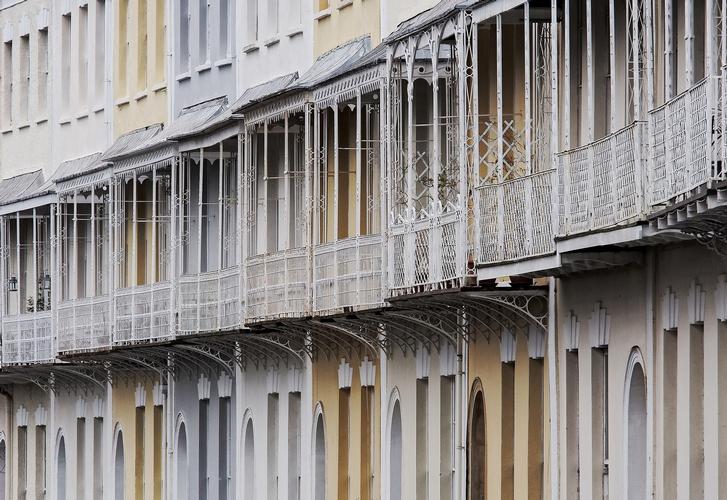Many are unaware that a trust can be set up in life and not just when will writing. These are commonly known as home protection trusts, asset protection trusts, or variations on these. There are many reasons to set up a trust and in general they can preserve the value in the property for the next generation. No matter what happens within the family, the assets will not be at risk. The Trust can also give a family an opportunity for future tax planning and to secure any inheritance from divorce proceedings.
How does the Trust work?
You carefully select your Trustees and the property is registered in their names at the District Land Registry.
You select potential beneficiaries who can benefit from the trust; they can be your children, grandchildren etc. The beneficiaries or Trustees cannot demand any assets from the Trust.
A common scenario for a trust in life involves a parent(s) placing a house into trust and nominating sons or daughters to act as Trustees. Then on the death of the parent(s) the trust is wound up, the property sold and the proceeds distributed to the children.
Apart from the reassurance of knowing that your assets will go to your beneficiaries, there is no effect on your life or your daily routine. Once the trust is established for your property you continue to live in your home and to pay utility bills just as you have always done, so nothing changes. However, you will need to notify your home insurers.
It is important that you remain in control and the Trustees cannot sell your home within your lifetime without your consent. You may also appoint new Trustees at any stage. And should you wish to move home, in conjunction with your Trustees, your home can be sold and a new one purchased in the name of the trust. If you no longer need a home because you are going to live with a relative or move into residential or nursing home care the Trustees can sell your home for you.
There are also other benefits and there will be no need to wait for the completion of complex and lengthy legal arrangements if you become ill and are unable to deal with matters relating to your home. Your Trustees will be able to act on your behalf and take care of any issue which may arise. There will also be no need to wait for the Grant of Probate of your Will after your death. After you have passed away, the Trustees will deal with any sales and purchases and the transfer of the property. Solicitors often charge between 1% and 3% of the value of the estate to arrange probate and so this benefit alone can save many thousands of pounds.
Just one note of caution, if you give your home to a trust certain local authority grants for repairs and/or maintenance to your home would no longer be available. These are usually grants to make improvements so that an unwell or disabled person can continue living in their home.
In relation to your Trustees they should be people you trust; it is usual for adult children or trusted family members or friends to be Trustees. You should appoint between two and four Trustees. If you should remarry, any Will that you have made would be revoked and if you died, your assets could become the property of your new spouse and subsequently pass outside of the family. A trust offers assurance that your property will remain within your family.
In relation to tax there is none to pay provided the assets transferred into trust are below the Inheritance Tax Threshold. In relation to placing your property into trust, there is no Stamp Duty Tax to pay and the trust will not initially generate income and so there will be no income tax to pay. Capital Gains Tax will not be payable on any increase in value which would not be the case if the property was transferred to children.
The value of the property or the investments, or income from these, will still form part of your estate for Inheritance Tax purposes. If the assets exceed the threshold, lifetime gift tax would be payable on any accumulated valued assets in excess of the nil rate band at a rate of 20%. In such circumstances, it is possible to place a proportion of the property equivalent to the nil rate band into the Trust.
This article has provided a general explanation on property trusts and if you have any questions please contact Rose & Trust of Bristol on 0117 369 1969 for further information.

